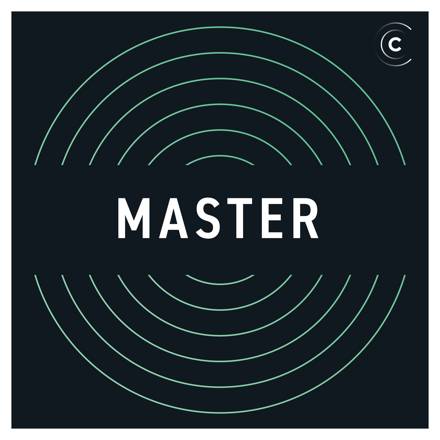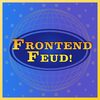🌍 AI in Africa - Makerere AI Lab
This is the first episode in a special series we are calling the “Spotlight on AI in Africa”. To kick things off, Joyce and Mutembesa from Makerere University’s AI Lab join us to talk about their amazing work in computer vision, natural language processing, and data collection. Their lab seeks out problems that matter in African communities, pairs those problems with appropriate data/tools, and works with the end users to ensure that solutions create real value.






